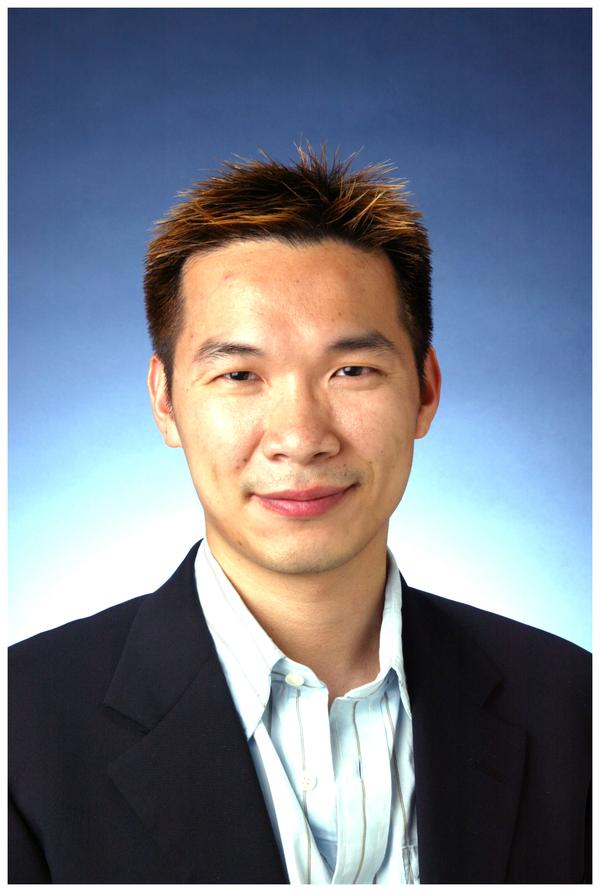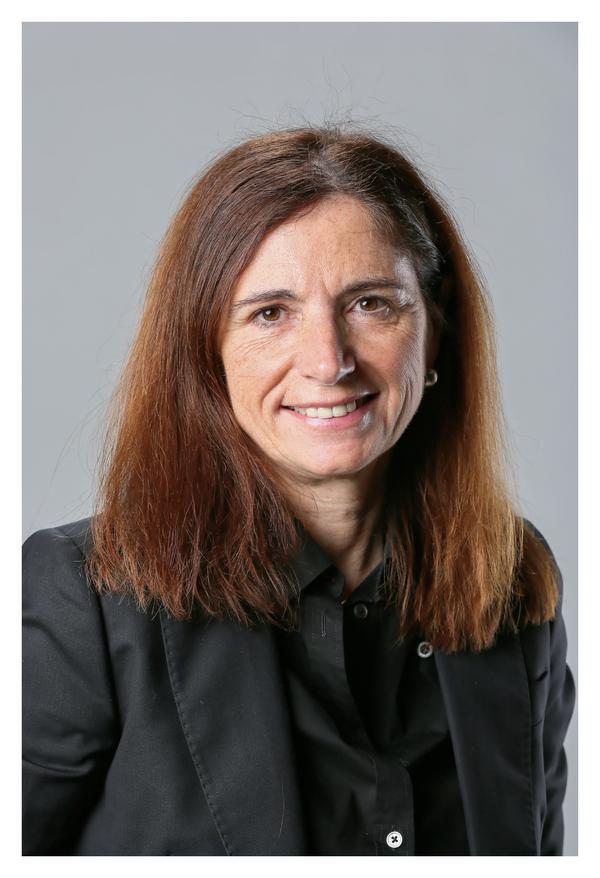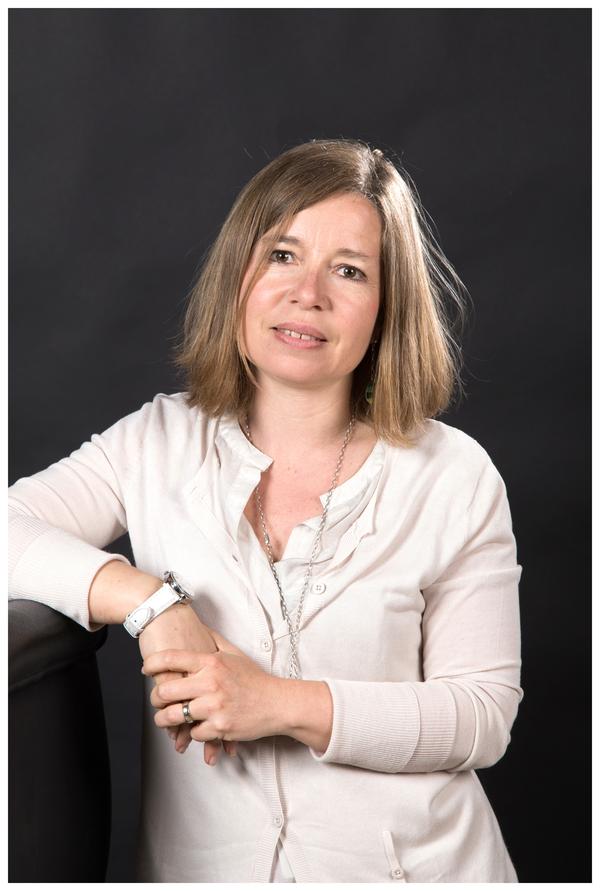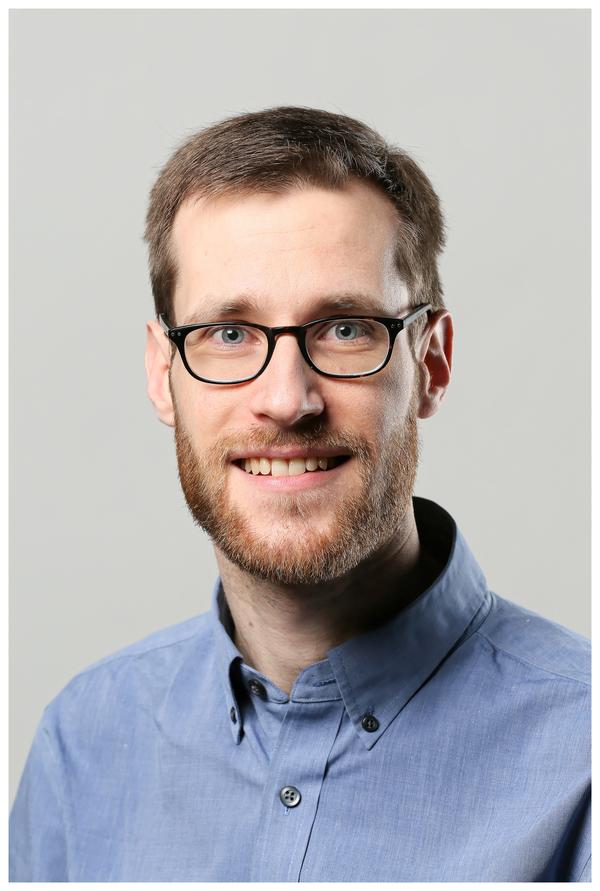Two faculty promotions and two new professors at FSB

© 2016 EPFL
At its May meeting the ETH Board promoted two professors and nominated two new professors at the School of Basic Sciences.
Professor Xile Hu was promoted to Full Professor as of the 1st of June, and Dr. Marinella Mazzanti was promoted to Adjunct Professor.
Professor Annalisa Buffa was appointed Full Professor from the 1st of September 2016, and Dr Ulrich Lorenz was appointed Tenure Track Assistant Professor from the 1st of June 2016.

Professor Xile Hu was promoted to Full Professor of Inorganic Chemistry and Coordination Chemistry
In only a few years, Xile Hu has carved out a leading global position in the fields of bioinorganic chemistry and organometallic catalysis. He heads the Laboratory of Inorganic Synthesis and Catalysis which he set up. He and his team have gained important knowledge of synthetic chemistry and the chemical processes that allow energy to be stored and converted.

Marinella Mazzanti was promoted to Adjunct Professor
Marinella Mazzanti has achieved success in her work on the chemistry of f-block transition elements. Her innovative work on designing new organometallic compounds has the potential to make an important contribution to various technological applications, such as in biomedical imaging.

Annalisa Buffa was named as Full Professor of Mathematics
Annalisa Buffa is a leading international expert in the discretisation of partial differential equations. Her achievements in the simulation of electromagnetism and in isogeometric analysis were recognised by the award of an ERC Advanced Grant this year; they are of great practical importance and enable the development of efficient calculational models for designing electromagnetic equipment.

Ulrich Lorenz was named as Tenure Track Assistant Professor of Physical Chemistry
Ulrich Lorenz, who completed his postgraduate studies at EPFL, investigates fluid dynamics and the mechanical properties of nanomaterials. This promising young scientist has demonstrated how high temporal and spatial resolutions can be combined using 4D electron microscopy in order to observe and investigate the mechanical properties of biological nanostructures. The appointment of Ulrich Lorenz enables EPFL to press ahead with developing new applications for 4D electron microscopy.